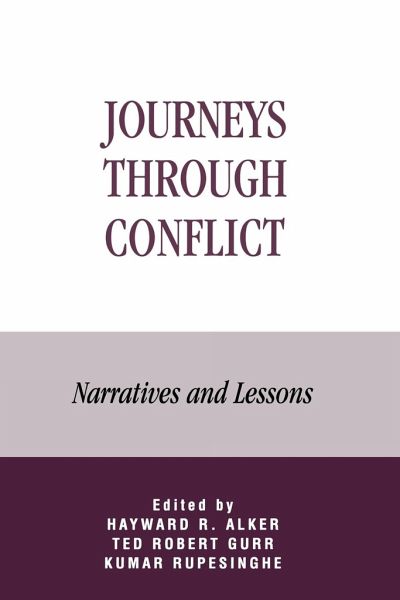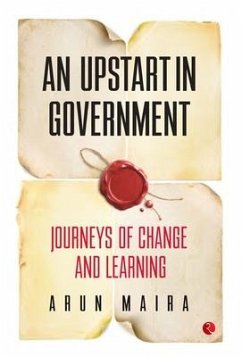
Journeys Through Conflict
Narratives and Lessons
Versandkostenfrei!
Versandfertig in 1-2 Wochen
65,99 €
inkl. MwSt.

PAYBACK Punkte
33 °P sammeln!
Journeys Through Conflict is the story of the Conflict Early Warning Systems (CEWS) project of the International Social Science Research Council. It relates the history of the project, presents its empirically grounded approach to anticipating violent conflict, and shows how the approach may be extended to other social science research arenas. Journeys Through Conflict projects alternate pathways to war and peace by a unique coding, graphing, and computational procedure that takes into account both contested conflict histories and future conflict resolutions.












